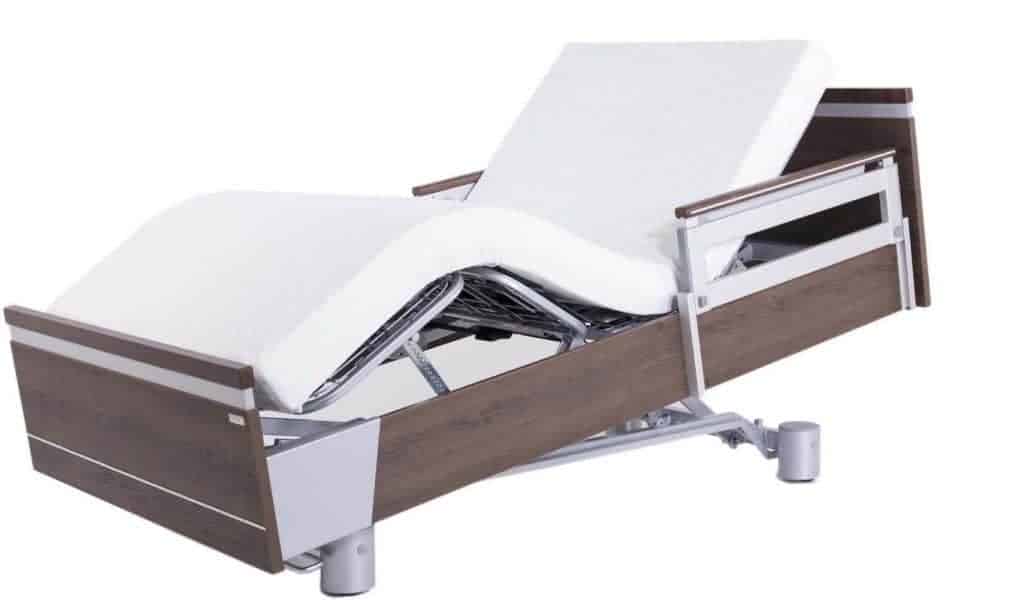seamless steel tube cost
Dec . 02, 2024 05:57
Understanding the Costs of Seamless Steel Tubes
Seamless steel tubes are widely used in various industries, including construction, automotive, and oil and gas. Their unique characteristics, such as strength, durability, and corrosion resistance, make them a preferred choice for numerous applications. However, determining the cost of seamless steel tubes can be complex due to various factors that influence market prices. This article will explore the elements that contribute to the cost of seamless steel tubes and offer insight for potential buyers.
1. Material Grade
The cost of seamless steel tubes heavily depends on the grade of steel used in their production. Different applications require specific steel grades, which offer varied properties concerning strength, ductility, and resistance to high temperatures or corrosive environments. For instance, stainless steel grades such as ASTM A312 can be more expensive than carbon steel grades due to the alloying elements required to enhance corrosion resistance. It is crucial for buyers to specify the required steel grade when inquiring about pricing to receive accurate quotes.
2. Manufacturing Process
Manufacturing methods significantly impact the cost of seamless steel tubes. The most common methods include rotary piercing, elongation, and multi-pass extrusion. These processes require advanced technology and skilled labor, which contribute to the overall cost. Furthermore, seamless tubes are often produced in accordance with specific standards (e.g., ASTM, API, ISO), which can add to manufacturing costs due to quality assurance and compliance measures. As a result, companies looking to purchase seamless steel tubes should consider whether they need custom specifications as this can lead to increased costs.
3. Diameter and Wall Thickness
seamless steel tube cost
The dimensions of seamless steel tubes also play a crucial role in determining their cost. Generally, larger diameters and thicker walls require more raw material and energy to produce, leading to higher prices. Buyers should evaluate their project requirements and determine the necessary dimensions for the application to avoid overspending on unnecessarily large or thick tubes. It is often advisable to consult with suppliers who can help optimize specifications to balance cost and performance.
4. Quantity and Order Size
As with many other manufacturing products, the quantity of seamless steel tubes ordered can influence the unit price. Wholesale pricing typically offers discounts for bulk orders, reducing the overall cost per tube. Smaller orders, on the other hand, may incur higher costs due to set-up fees and production runs. Buyers should consider their project needs and timelines when placing orders to strike a balance between cost and inventory management.
5. Market Conditions
The broader economic environment and specific market conditions can greatly influence the price of seamless steel tubes. Factors such as fluctuations in raw material costs (especially steel), tariffs, trade policies, and global demand directly impact pricing. For example, during periods of high demand for construction materials, prices for seamless steel tubes may rise due to increased competition among buyers. Staying informed about market trends can help potential buyers time their purchases for the best prices.
Conclusion
In summary, the cost of seamless steel tubes is influenced by several factors including material grade, manufacturing processes, dimensions, order size, and market conditions. For companies looking to procure seamless steel tubes, understanding these factors is essential for making informed purchasing decisions. By analyzing specific project requirements and consulting with knowledgeable suppliers, buyers can optimize their choices to achieve a balance between performance, quality, and cost. In a competitive landscape, making informed decisions can lead to significant savings and successful project outcomes.
 Afrikaans
Afrikaans  Albanian
Albanian  Amharic
Amharic  Arabic
Arabic  Armenian
Armenian  Azerbaijani
Azerbaijani  Basque
Basque  Belarusian
Belarusian  Bengali
Bengali  Bosnian
Bosnian  Bulgarian
Bulgarian  Catalan
Catalan  Cebuano
Cebuano  Corsican
Corsican  Croatian
Croatian  Czech
Czech  Danish
Danish  Dutch
Dutch  English
English  Esperanto
Esperanto  Estonian
Estonian  Finnish
Finnish  French
French  Frisian
Frisian  Galician
Galician  Georgian
Georgian  German
German  Greek
Greek  Gujarati
Gujarati  Haitian Creole
Haitian Creole  hausa
hausa  hawaiian
hawaiian  Hebrew
Hebrew  Hindi
Hindi  Miao
Miao  Hungarian
Hungarian  Icelandic
Icelandic  igbo
igbo  Indonesian
Indonesian  irish
irish  Italian
Italian  Japanese
Japanese  Javanese
Javanese  Kannada
Kannada  kazakh
kazakh  Khmer
Khmer  Rwandese
Rwandese  Korean
Korean  Kurdish
Kurdish  Kyrgyz
Kyrgyz  Lao
Lao  Latin
Latin  Latvian
Latvian  Lithuanian
Lithuanian  Luxembourgish
Luxembourgish  Macedonian
Macedonian  Malgashi
Malgashi  Malay
Malay  Malayalam
Malayalam  Maltese
Maltese  Maori
Maori  Marathi
Marathi  Mongolian
Mongolian  Myanmar
Myanmar  Nepali
Nepali  Norwegian
Norwegian  Norwegian
Norwegian  Occitan
Occitan  Pashto
Pashto  Persian
Persian  Polish
Polish  Portuguese
Portuguese  Punjabi
Punjabi  Romanian
Romanian  Samoan
Samoan  Scottish Gaelic
Scottish Gaelic  Serbian
Serbian  Sesotho
Sesotho  Shona
Shona  Sindhi
Sindhi  Sinhala
Sinhala  Slovak
Slovak  Slovenian
Slovenian  Somali
Somali  Spanish
Spanish  Sundanese
Sundanese  Swahili
Swahili  Swedish
Swedish  Tagalog
Tagalog  Tajik
Tajik  Tamil
Tamil  Tatar
Tatar  Telugu
Telugu  Thai
Thai  Turkish
Turkish  Turkmen
Turkmen  Ukrainian
Ukrainian  Urdu
Urdu  Uighur
Uighur  Uzbek
Uzbek  Vietnamese
Vietnamese  Welsh
Welsh  Bantu
Bantu  Yiddish
Yiddish  Yoruba
Yoruba  Zulu
Zulu 












